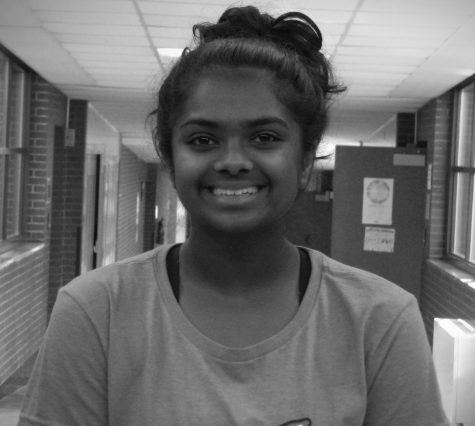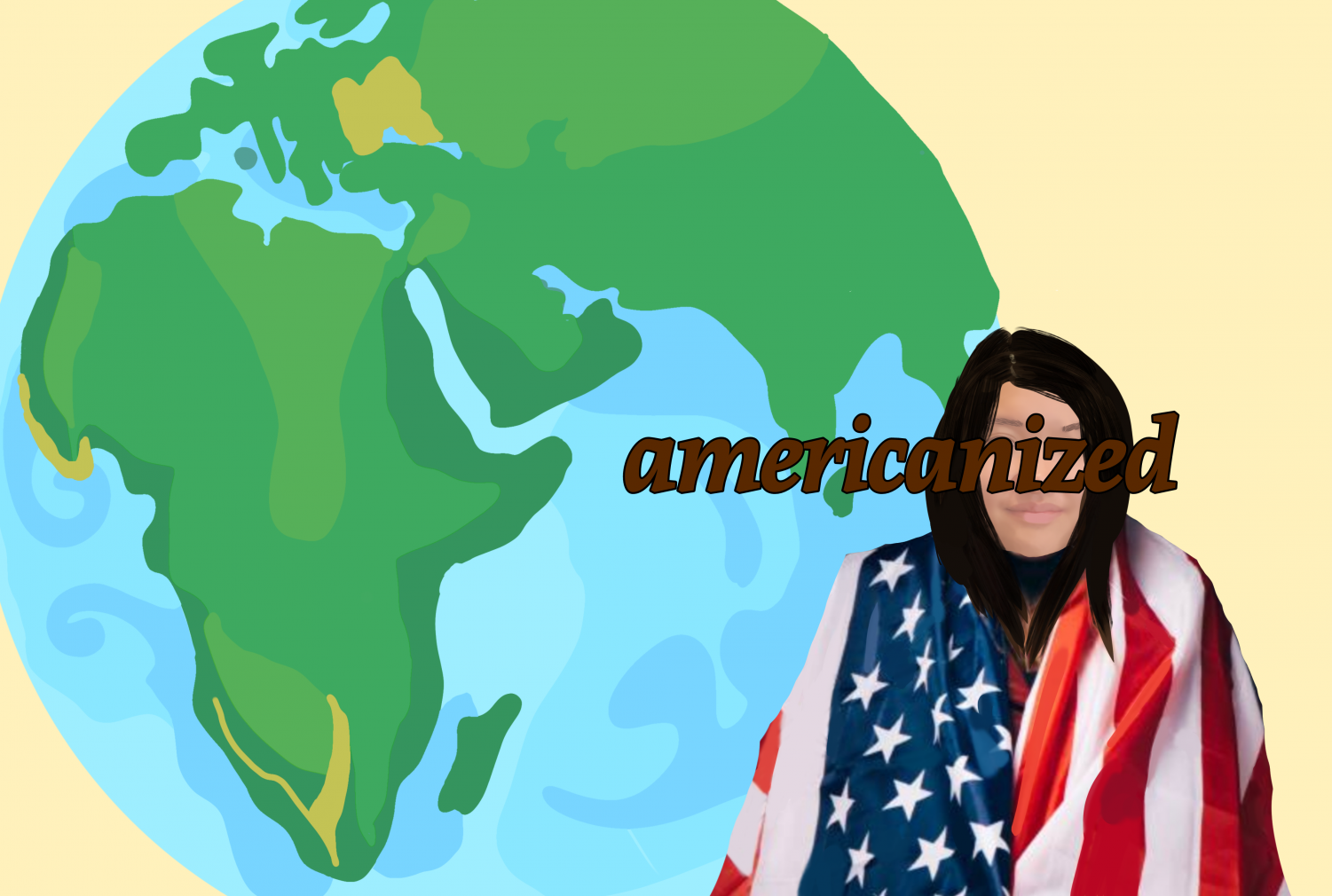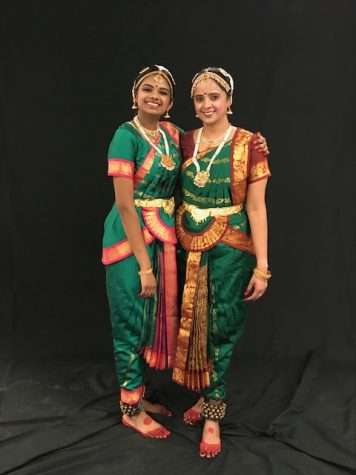
Maya Sivakumar is a sophomore at NAI. It is her second year on the NAEye staff. She is very excited to be a co-editor in chief and contribute more ideas...


Part of an ongoing series exploring issues of identity for students at NAI. Disclaimer: All of the stories in this series are personal experiences from first-generation immigrants and are written to express how the author perceives their situation.
February 11, 2020
I would like to say that I’m in touch with my roots. I am proud to be Indian, and I don’t reject my culture; I embrace it. I Despite this, there was one thing I have lost in America. My language. In some ways this helped me, but now I regret it so much. I lost touch with people who I want to know better; I lost the story of my family. My parents tell me I still have it; I did speak in it fluently when I was a child, but it will never be the same.
My family and I moved to the United States when I was two years old. We started off here with a rather stable base; my parents spoke fluent English and had jobs in the United States. However at this point in my life, I mainly spoke Tamil, my mother tongue.
Since I had two working parents, I needed to go to daycare when my grandparents weren’t in the country. I started going to daycare when I was four years old. At first, I struggled. I felt left out because I couldn’t communicate with the people around me. The warm smile I received when I spoke Tamil didn’t get me what I wanted, it made me more frustrated.
My parents noticed this. They realized that to live in America, I needed to learn English now. So they started speaking English at home. Slowly, I stopped speaking Tamil and spoke English 24/7. This transition led to me forgetting how to speak Tamil at all.
It’s not my parent’s fault. They were just trying to do the best for me, they wanted to help me succeed. Maybe it’s my fault for stopping speaking Tamil entirely. Despite whoever’s fault it is, I wish I could get it back. I went from speaking fluent Tamil to barely knowing a few sentences.
Speaking the language itself is not all my culture is. I still watch Tamil movies, listen to Tamil songs, and perform Indian classical dance. However, forgetting to speak Tamil makes me feel like a part of myself is missing.

For five years, my parents sent me to a Tamil class, but it wasn’t the same. Tamil was a language I could understand, my parents talked in it all the time at home. Tamil classes didn’t teach what I needed to communicate with the people I wanted. It taught me how to memorize different words and phrases in Tamil that I didn’t need to know. A large part of my time was spent putting time into studying for tests in these classes, and I am disappointed that they didn’t help me in the way I wanted them to.
Although I lost my ability to speak in Tamil, I understand the language almost perfectly. It’s a mystery to me, how I can’t remember how to say a word yet know what it means when my parents say it to me. Frankly, this inability to communicate makes my situation even more disheartening. My grandparents can speak a little English, yet when I try to communicate with them in English, it can be tricky. I can follow every word coming out of their mouth, but they can’t follow a story coming out of mine.
It’s a battle. I have so much I want to say to them, so much I want to hear. I want to learn more about my family and my history. There are things I want to learn about my parents because as much as they want to be, they’re not completely open books either. Stories, recipes,advice, there is so much that I could ask them for. Nonetheless, it seems like a goal I will always be pining for. It will always be a want.
About a month ago, my parents found a collection of home videos. Some of the videos were from when I was in India and others were from when we had just moved to the United States. The videos are ultimately a collection of me speaking high and squeaky Tamil in different places. My family laughed at what was, yet tears came to my eyes about what could have been. I was in a position of power in these videos; I could communicate with anyone I wanted to at any time.I could get whatever I wanted with this combination of semi-fluent English and fluent Tamil. It made me think, Why did I neglect this language for so long?
Recognizing that I wanted to learn Tamil again has helped me start to speak it again. I’m trying to relearn at least conversational phrases again, so that next time I see my grandparents, I can talk to them more. Hopefully, this long road will lead me to a place where I can have a better relationship with my family members in India. I can’t wait to gain the stories of my family’s past and pass it on to my children and grandchildren when I’m older. I just hope that it isn’t too late.

Maya Sivakumar is a sophomore at NAI. It is her second year on the NAEye staff. She is very excited to be a co-editor in chief and contribute more ideas...